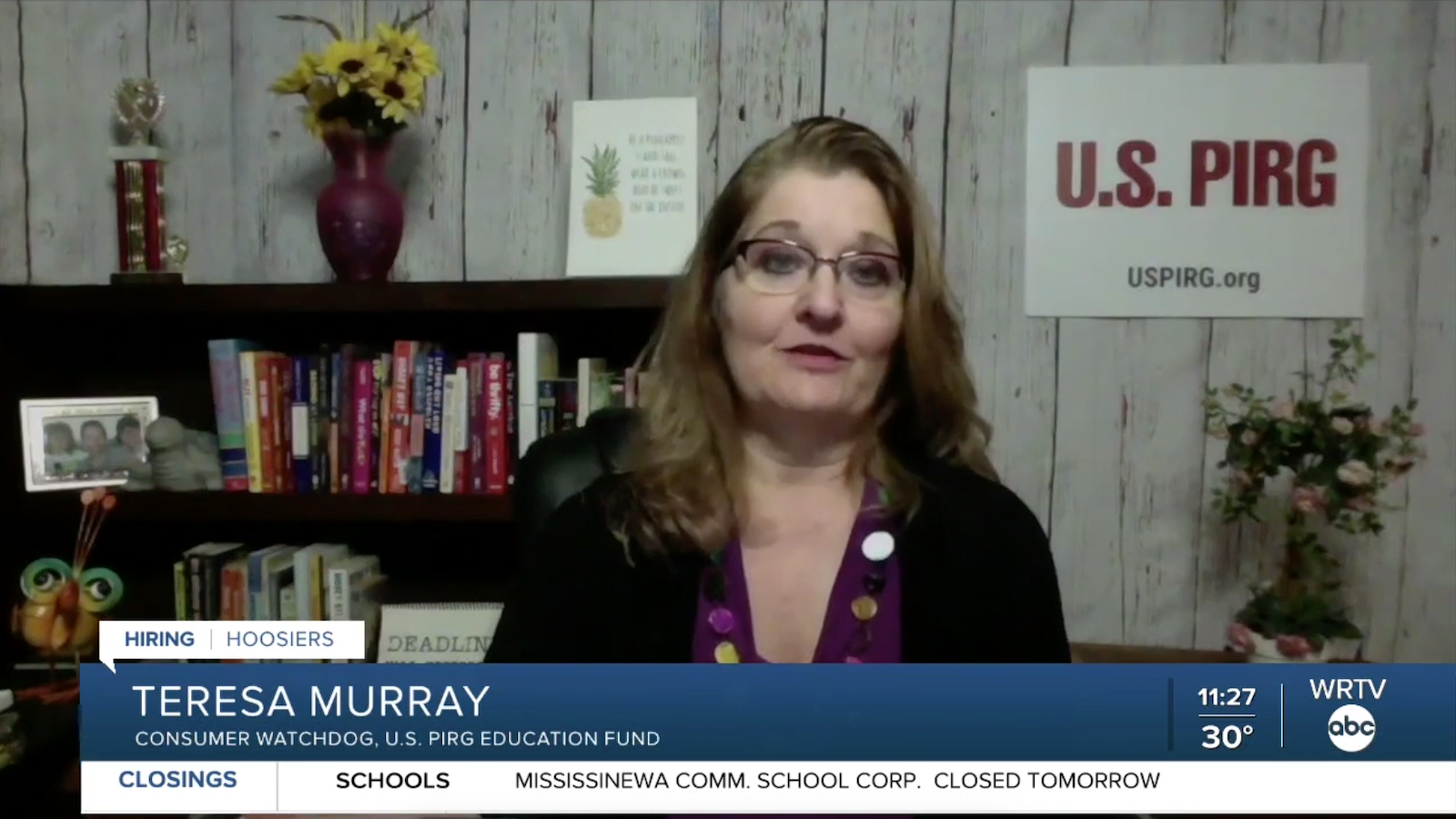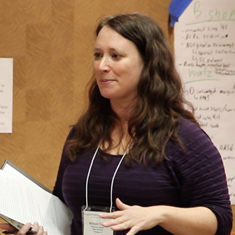
We still need expanded COVID-19 testing- including for protesters.
Public health officials, mayors and governors are urging people who take part in mass demonstrations to get tested for COVID-19. Protesters, along with most Americans, need expanded access to testing, but the nation’s testing capacity is insufficient and ill-distributed, highlighting the need for national leadership and coordination.
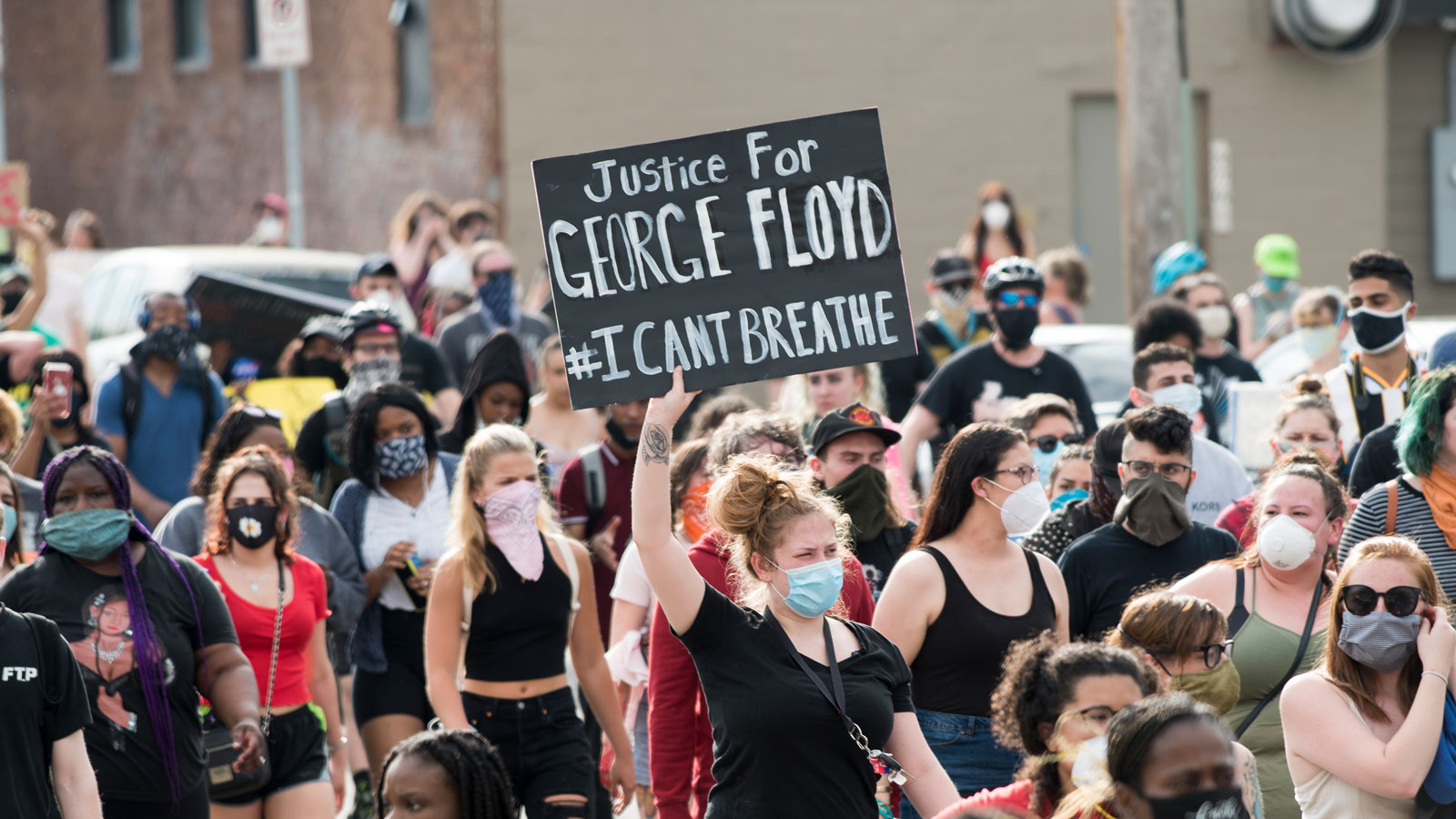
In the wake of the killing of George Floyd, people in all 50 states have joined protests against racism and police violence. With millions of previously sheltering-in-place Americans having now interacted in person, many cities are providing expanded access to coronavirus (COVID-19) testing. But many more still don’t have the capacity to offer tests to everyone who wants one, exposing the urgent need for more funding, supplies and leadership to expand testing capacity.
Public health experts say that when many people gather together, as they have at protests, there’s a risk of spreading the virus — even though many protesters are outdoors, wearing masks and taking other safety precautions. That’s why the experts recommend that anyone attending demonstrations get a coronavirus test five to seven days later, even in the absence of symptoms. But the protests are illustrating that many cities still lack the capacity to test large numbers of people who may have been exposed, either by protests or cities loosening their guidelines. And some cities that offered free testing were overwhelmed by demand, making it impossible for people to follow the latest expert advice.
“Across the country we need full access to fast and accurate testing for anyone who believes they may have been exposed to the coronavirus,” said Matt Wellington, U.S. PIRG’s Public Health Campaigns director. “We applaud cities such as Atlanta and Boston that have stepped up to increase testing sites or allow more people to get tests free of charge and on the basis of suspected exposure. We encourage other cities and states to do the same.” He noted, however, that the nation is still falling short of the widespread, comprehensive testing we need due to the lack of a coordinated national strategy to expand testing.
According to the Harvard Global Health Institute, the U.S. needs a minimum of 900,000 tests per day in order to contain the outbreak; other experts put the number higher. But on Monday, June 15, the U.S. tested only 449,000 people – fewer than half the recommended number. Public health experts have issued guidance to reduce the risk of infection and spread of the virus for people who protest, and have made it clear that access to testing is a critical part of stemming potential spread. But while some states have enough capacity for everyone who wants a test to get one, other states are still so low on tests that even frontline healthcare workers are discouraged from getting tested unless they show symptoms.
These facts underscore the continued urgent need for coordinated leadership to expand testing capacity and improve distribution. The solution cannot be more of the same slow improvement we’ve seen to date – in spite of increases in testing capacity, nearly a quarter of the states aren’t testing enough right now, even as lockdown orders end and community transmission is increasing in many areas. Against this backdrop, making sure everyone who went to a protest can access testing for COVID-19 is a necessary public health measure, protecting the people who protest, their families and communities.
Topics
Authors
Allison Cairo
Vice President and National Field Director, The Public Interest Network
Allison oversees field efforts for The Public Interest Network. She has overseen projects that registered more than a quarter of a million voters and educated hundreds of thousands of people in states across the country about The Public Interest Network’s campaigns. Allison lives in Philadelphia, where she loves to explore the city on her bike.
Find Out More

Gathering safely for the holidays
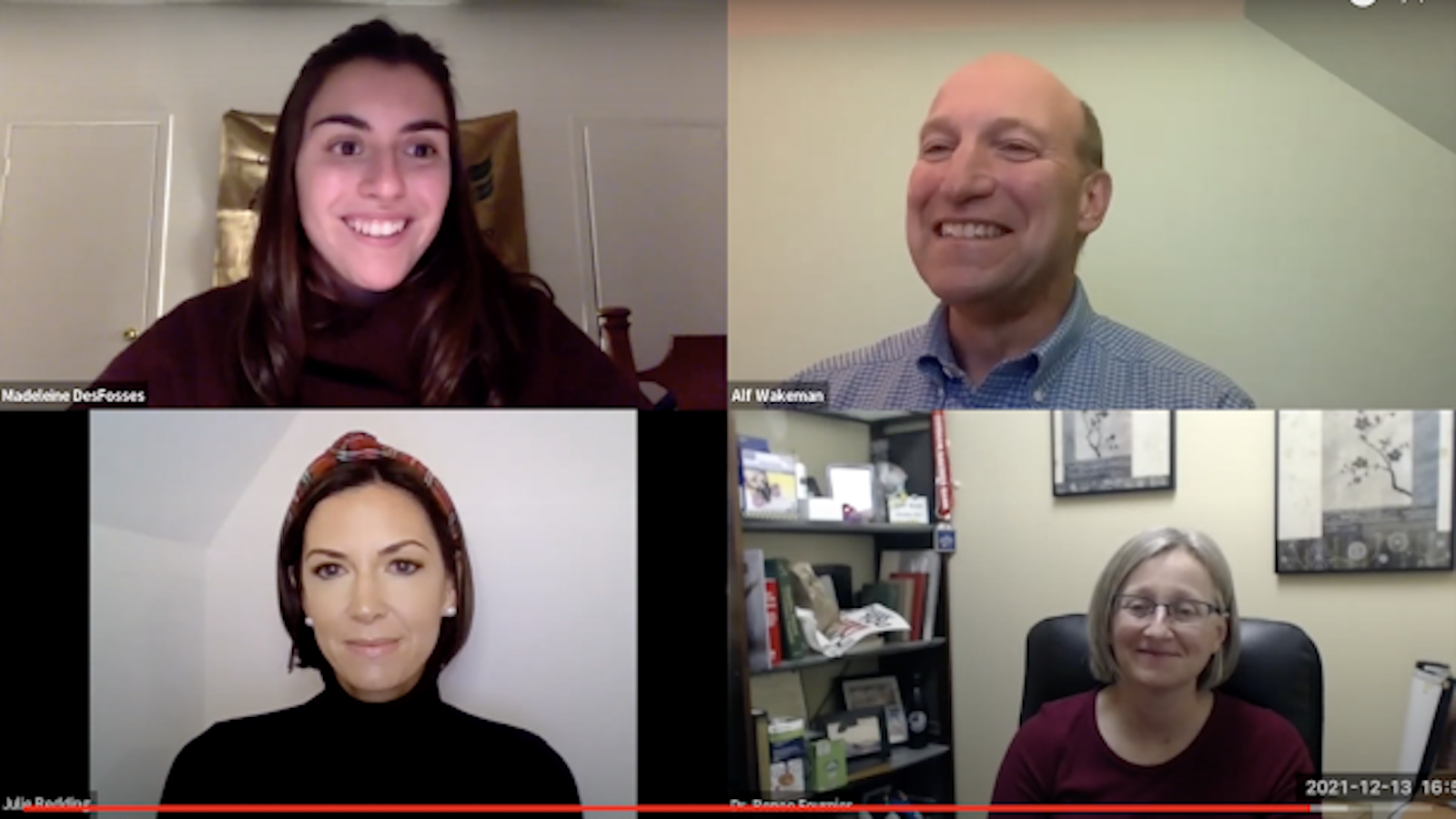
PIRG, health professionals combat COVID-19 misinformation
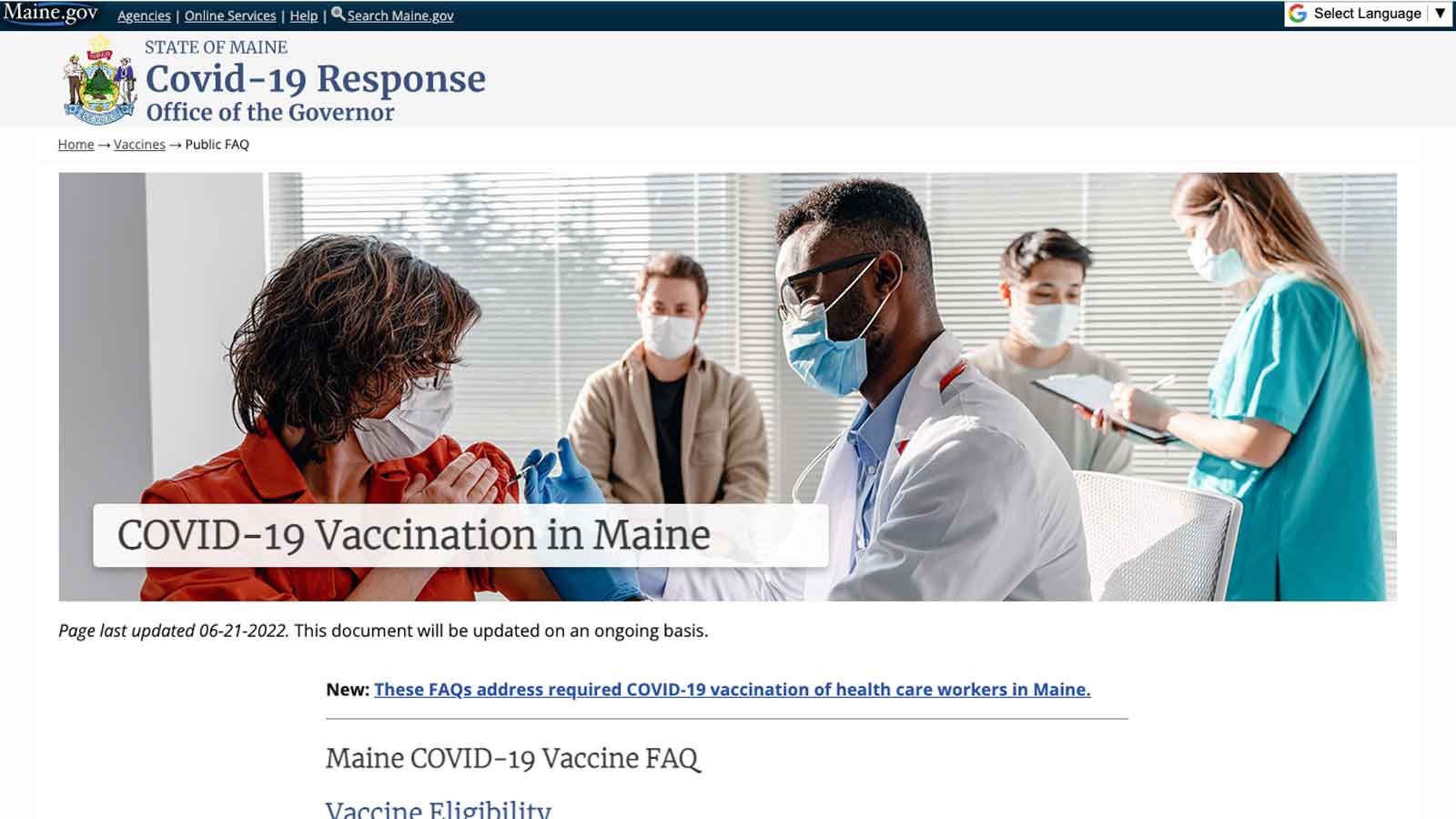
Maine Vaccine Education: Resource Page
